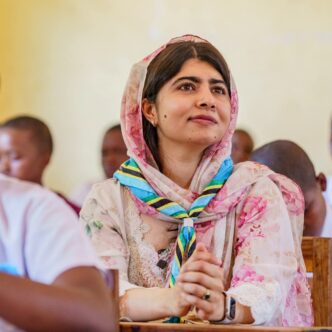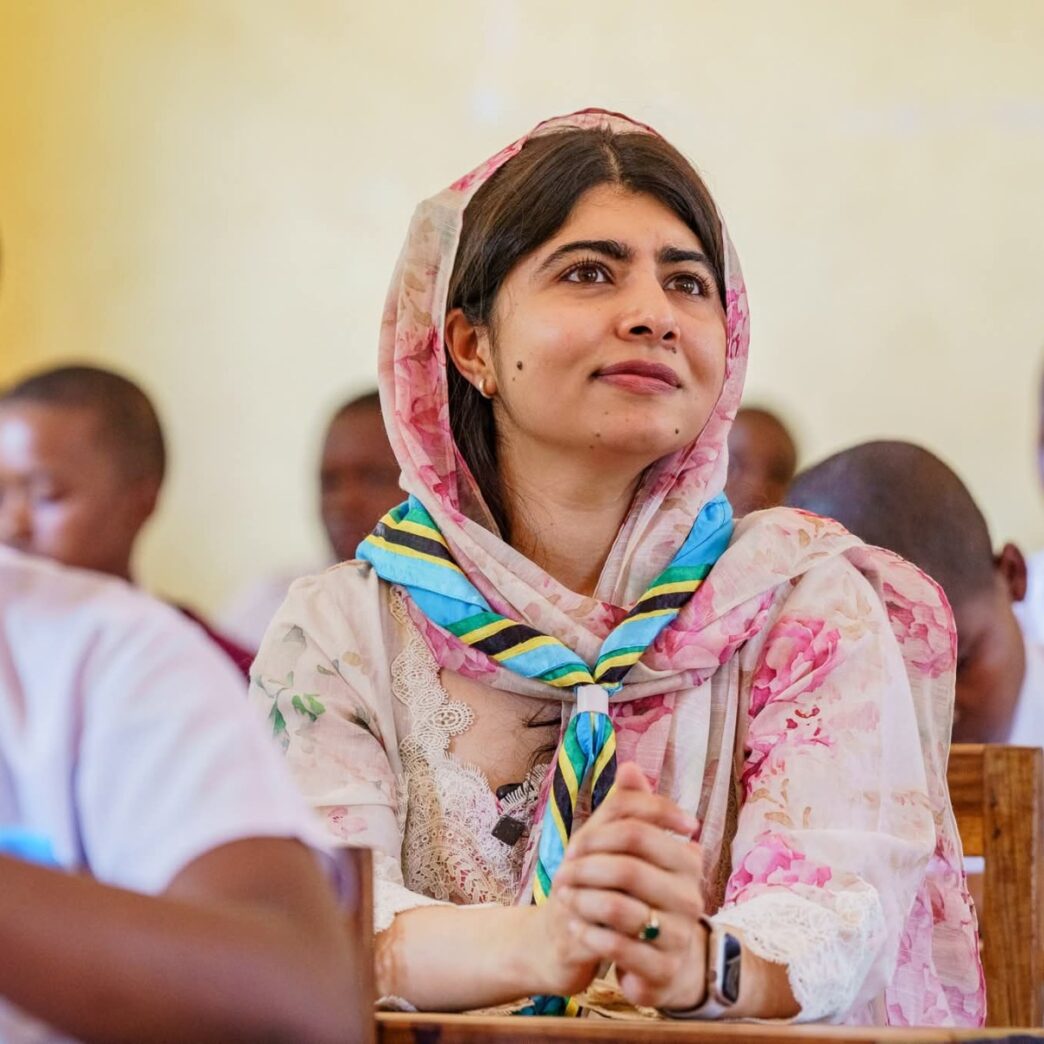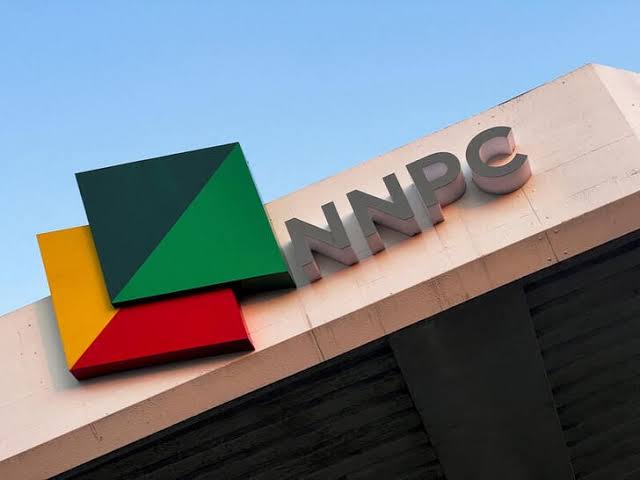The Malala Fund has announced a fresh $1.7 million investment for nine Nigerian organisations working to reduce the country’s extremely high number of out-of-school girls.
Gatekeepers News reports that the beneficiaries include Aid for Rural Education Access Initiative, Anti-Sexual Violence Lead Support Initiative, Black Girls’ Dream Initiative, BudgiT Foundation for the Promotion of Information in Nigeria, Centre for Advocacy, Transparency and Accountability Initiative, Isa Wali Empowerment Initiative, Participatory Communication for Gender Development Initiative, Teenage Education and Empowerment Network, and Women, Children, Youth Health and Education Initiative.
This new allocation forms part of a broader $4.8 million package for 21 organisations across Brazil, Ethiopia, Nigeria, Pakistan, and Tanzania under the Fund’s 2025–2030 strategy, which prioritises regions with the highest levels of girls excluded from formal schooling.
According to a statement by the Malala Fund, its revamped strategy directs resources toward countries with the greatest need, noting that 66% of the latest grants will support young women–led organisations—more than triple its original target.
“Our focus countries and specific regions within countries (as in Brazil), have especially high numbers and rates of out-of-school girls. In particular, Nigeria and Pakistan are home to 15% of all out-of-school girls globally. In all these country contexts, we invest in local civil society organisations, building on years of partnership and impact on the ground,” the statement read.
The nine Nigerian organisations will work on improving gender-responsive budgeting, transparency, and citizen oversight, as well as supporting school re-entry for pregnant and married girls. They will also deploy digital tools to track education spending and identify infrastructure gaps.
Malala Fund CEO Lena Alfi said the organisation supports groups with firsthand understanding of barriers facing girls at the grassroots.
“With girls’ rights under pressure and resourcing slipping worldwide, the smartest investments we can make is in the young women and seasoned activists who know exactly how to defend them,” she said.
Alfi added that the Fund prioritises flexible, multi-year grants, allowing partners to channel resources into areas of greatest need — including policy advocacy, budget transparency, safe-school initiatives, re-entry programmes for young mothers, and efforts to eliminate hidden school costs.
Co-founder Malala Yousafzai said part of the Nigeria-focused funding is aimed at helping married girls and young mothers return to school and complete secondary education.
“I am incredibly proud that most of the funding we are awarding under our new strategy is going to organisations led by young women. From reducing the cost of books and transport for girls in rural Pakistan to ensuring married girls and young mothers in Nigeria can complete secondary school, our partners are leading the fight for girls to learn, even under the toughest circumstances,” she said.
Yousafzai added that the Malala Fund’s Education Champion Network supports civil society organisations advocating for girls’ education and shaping policy. The new partners, she noted, will confront threats ranging from child marriage and conflict to systemic gender and racial discrimination, as well as shrinking education budgets in the five countries that together account for 31 million out-of-school girls.







